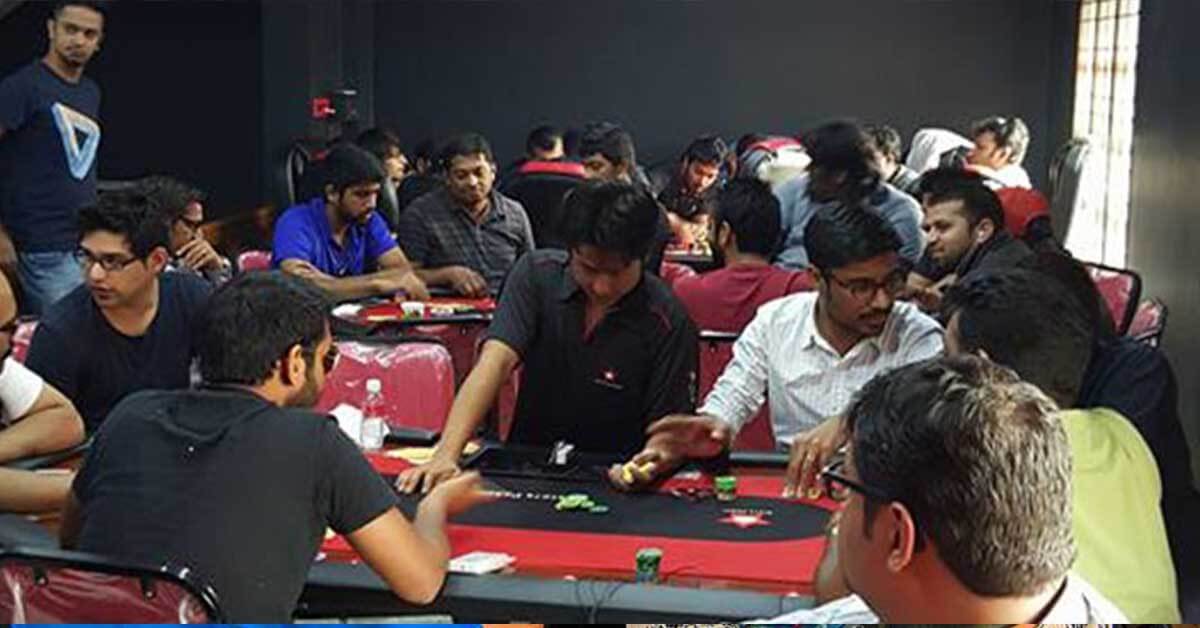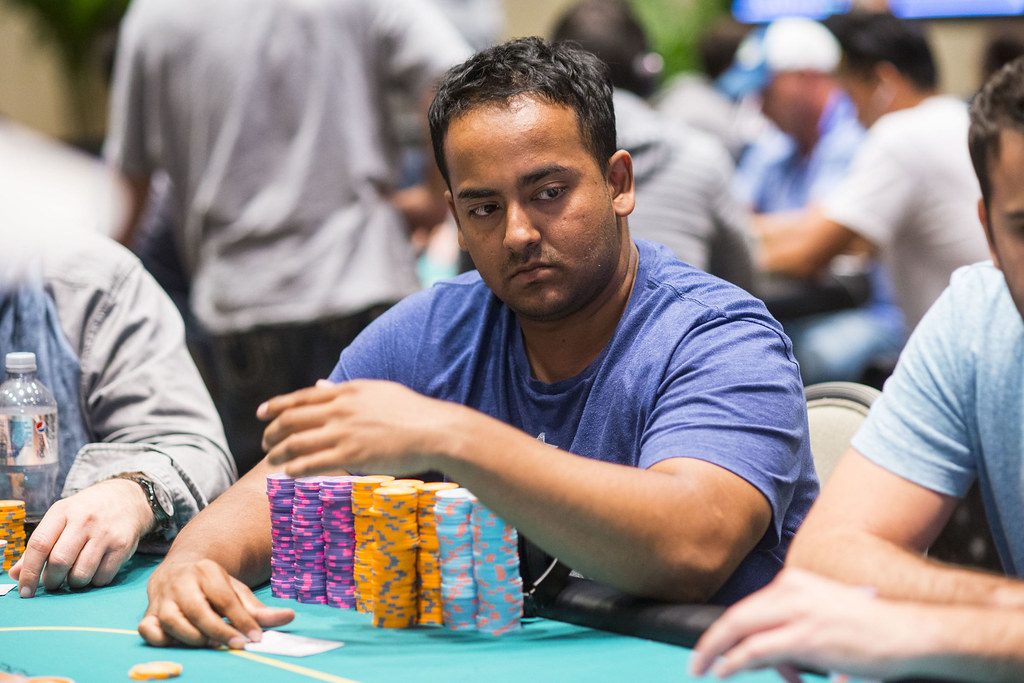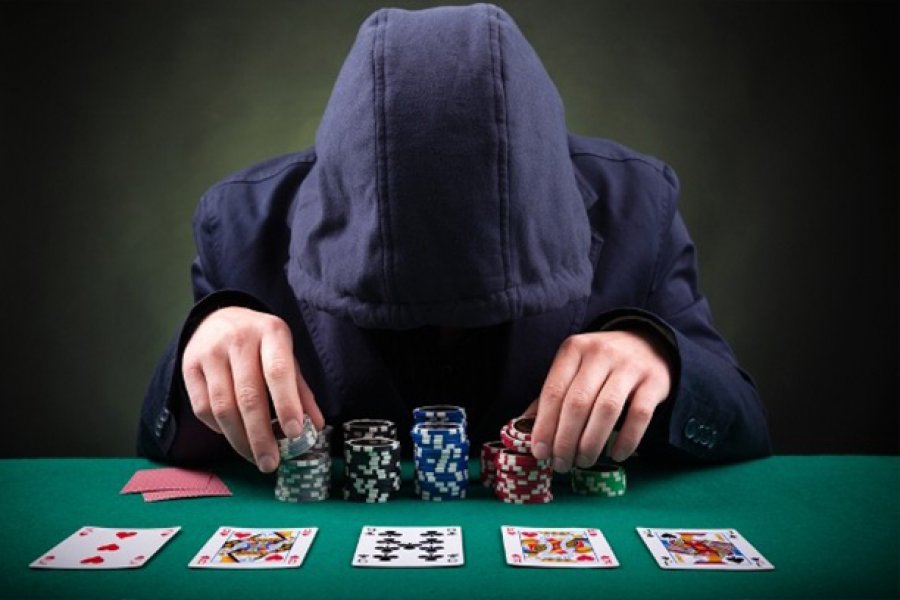Card Games
Demystifying the art of playing poker

Ever since the inception of poker, it is looked at as a game of luck. Terms like “it just wasn’t my day”, “so unlucky”, “hard luck “ etc are often associated with games of poker. Poker has been around for over two centuries and now is $400 billion industry. So is it all just luck? Is it all just a gamble? Many believe so but the truth is that it’s not. Relying on just luck won’t win you $10 million at a professional poker tournament or help you beat your friends at a game of Texas hold’ em at a house party, but skill just might.
Contrary to popular belief, poker is not all about luck. If it was so, are all professional poker players just lucky? Poker is a game of one hundred per cent skill, unlike every other game that requires gambling This is mainly because your competitors are other people and not the house. If you take a random poll, most voters will vote that it’s a game of pure luck, since poker is mostly played right next to blackjack and slot machines in casinos where the latter are games of chance and in case of these games we know what they say, the house always wins.

Poker is a game of pure skill in the long run though luck does play a part in the short run. So how do you improve your poker skills and stop blaming your luck? It’s actually not all that difficult. Poker is a game of math, chances and probability. But wait, what if I suck at math? Don’t worry, it isn’t the kind of math you think it is. Winning in poker is the constant application of a rule which says that put more money when you are at a mathematical advantage and less when you are not.
Another skill edge you can have in poker is bluffing. Reading your opponent and knowing when they are weak can get you to have them lay down their cards that are better than yours and help you win more money.
For example, you’ve been playing a game of poker patiently for hours. The money is eventually all in the middle before you flop your double A’s versus somebody’s double Q’s. Statistically, double A’s has an 81.33% versus the 18.24% of double Q’s. Though this does seem like great odds, the pocket queen isn’t entirely dead but from a logical point of view the person holding double Q’s doesn’t have the greater odds so running the scenario enough times will make them go broke. What can you say? You can’t fight math.

Even after this, some might still argue that why aren’t they getting better at poker? It mainly comes down to them ignoring the mathematical facts that drive a game of poker or them being too lazy to apply these facts into a game and calling out their luck than actually taking responsibility. Yes, there is a hint of luck but it will only get you so far. According to research, players tend to develop skills for poker after playing over 1500 hands which takes almost 19-36 hours.
In all the variations of pokers, odds are important. Knowing the odds of landing each hand can help you become a great player, though this does make people extremely reliant on luck as you don’t know what cards you get dealt with. However, odds, chances and probabilities are necessary to predict any game of skill for the matter even cricket or football.
Blackjack or even slot machines are games of luck as chance predominates, but in the case of poker, skill does. There exists extensive literature that suggests strategies to win a game of poker. Professional poker players use their skill to minimise their losses in the case of a bad hand and maximise their profits in the case of a good hand.
Mathematics is fundamental to playing poker. Knowing your probabilities and odds can help you understand the game and even help you in determining your next move or what you can expect when you are dealt a hand of cards. This is why poker is not one hand or one session game. It is played over hundreds and thousands of hours because at some point all the math is going, to sum up. You need to keep faith in the process even if it takes a while and rest assured you will come out on top.
